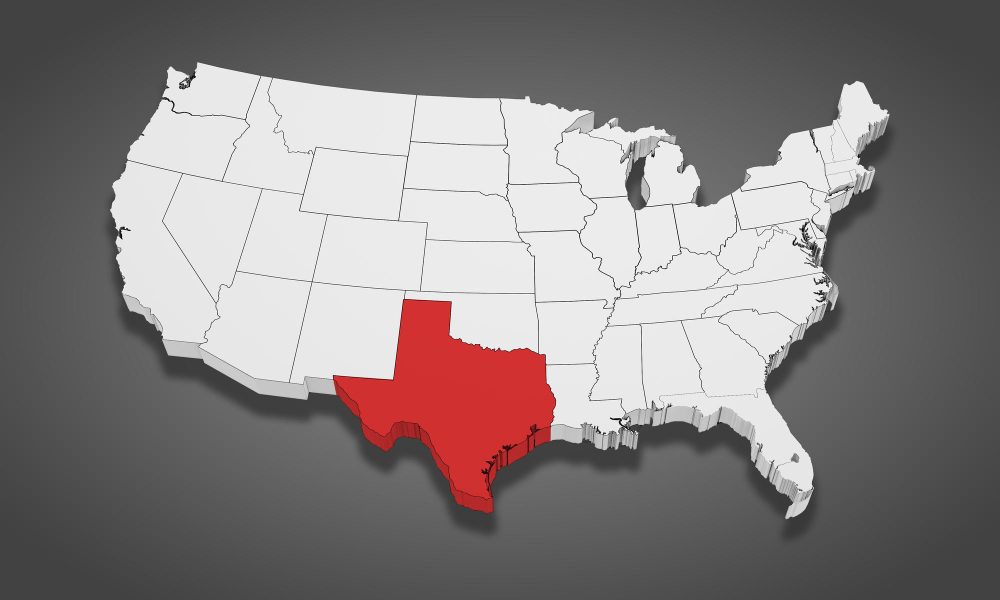Do You Have to Pay Taxes in Texas?
Texas has no individual income tax, making it one of only eight states. Sales taxes and taxes on corporations and industries account for most of the state’s tax revenue.
Rather than the state government, local governments, and school districts are responsible for collecting property taxes in Texas. The money it brings in must stay in the community.
The state of Texas generally has low taxes. The Tax Foundation reports that Texas’s combined state and municipal tax burden is relatively low. The total amount of taxes paid is 8.6 percent. At 15.9 percent, New Yorkers’ tax burden is the highest in the United States, about double that of Texans.

Texas Real Estate Taxes
Real estate and other tangible personal property used for earning a living have their market values appraised annually. The word “income” best describes private assets. Even though your car meets the legal definition of tangible personal property, you won’t have to pay taxes on it if you never use it to generate income. Just using it to get to and from work is disregarded.
County districts are responsible for conducting property valuations. The appraiser will look at recently sold properties comparable to yours. The appraised value of your home is multiplied by the applicable tax rate in the area you live in to determine your property tax. County and municipal governments establish these fees. They are determined by each district’s annual budget and the amount of money it needs to operate.
The worth of crops, cattle, and timber grown on a piece of land might be used to justify a higher valuation for the land’s owner. This may lead to reduced property values and hence cheaper taxes.
Texas Property Tax Exemptions
Real estate tax bills can be lowered if exemptions are applied to the property’s appraised value. When applied to a value of $200,000, a tax rate of 1.8% is higher than when applied to a value of $175,000.
Several exceptions are allowed in the state of Texas.
The Tax Break for Owning a Home
If your home is your primary residence on January 1 of the tax year, the valuation at which you are taxed can be reduced by $40,000. A separate exemption of up to 20% of the assessed value is optional for school districts under Texas law. A local exemption of less than $5,000 is not allowed.
Senior citizens and people with disabilities can get a $10,000 tax break on their school district taxes and a $3,000 break on their local property taxes.
The school district effectively freezes homeowners’ tax rates, as they cannot be increased above the amount paid in the first year of eligibility. If a widow or widower reapplies for the exemption after their spouse, who was 65 or older, passes away, they will be eligible for the exemption again.
Veterans with Disabilities Are Exempt
In some cases, disabled United States Armed Forces veterans may be qualified for a special exemption. The exemption amount is based on the veteran’s disability rating as assessed by the Veterans Affairs Department of the United States government.
Texas’s Sales Tax Structure
Sales in the state of Texas are taxed at a rate of 6.25 percent. However, additional sales taxes levied by individual municipalities can increase this rate to a maximum of 8.25% in some parts of the country.
There is no sales tax on groceries, prescription pharmaceuticals, or OTC drugs. The state occasionally provides “holidays” from the sales tax. When you reach a certain spending threshold, certain goods become tax-free. April, May, and August are traditional times for celebrations. Clothing, backpacks, and other back-to-school goods are frequently exempt from sale dates in August.
Additional State Taxes in Texas
In addition to the state income tax, Texas also levies the following:
Since 1991, diesel and unleaded fuels in the state have been subject to a petrol tax of 20 cents per gallon.
Cigarettes are $1.41 more expensive per package in Texas.
Taxes on hotel stays, B&Bs, and other short-term lodgings average around 6% of the room rate per night. There may be an additional municipal hotel tax in some towns, counties, and other jurisdictions.



